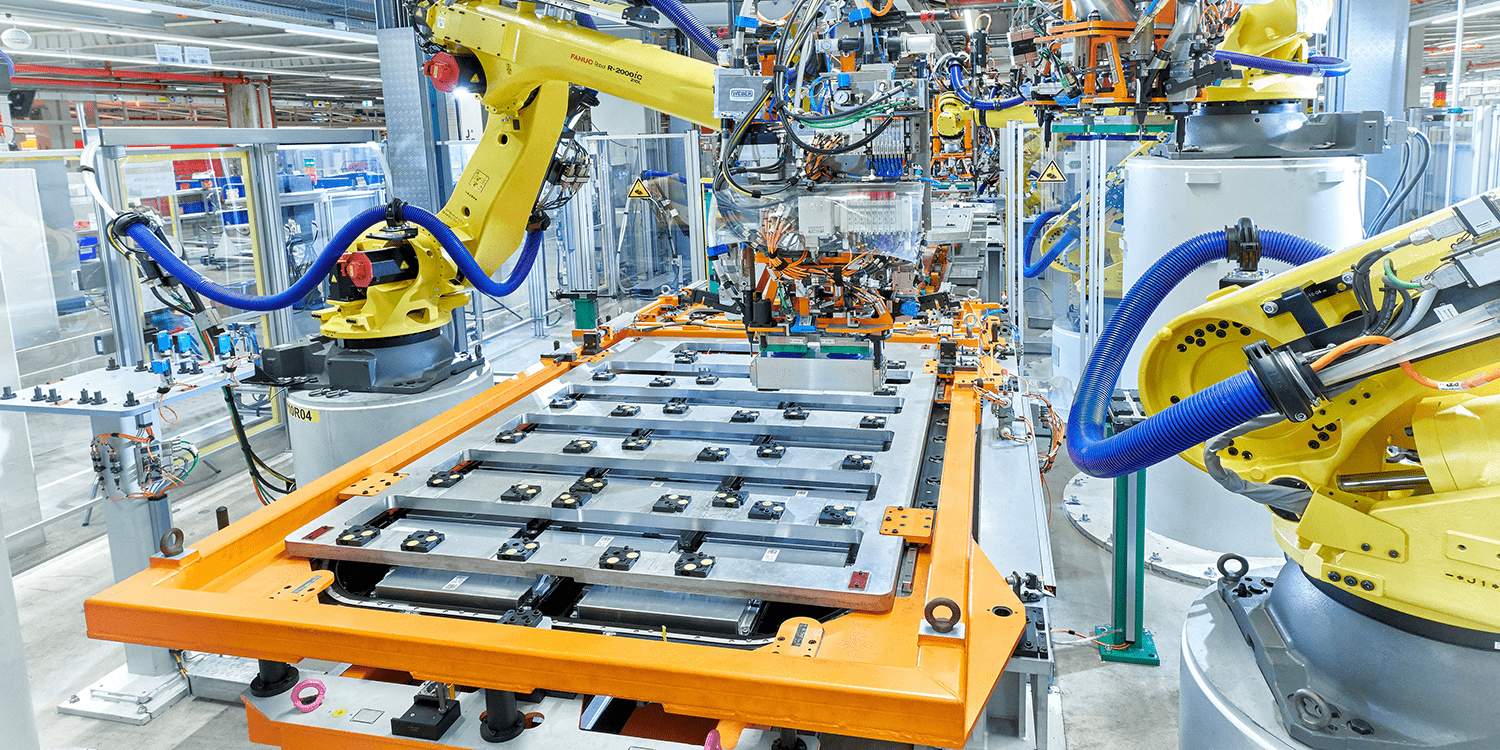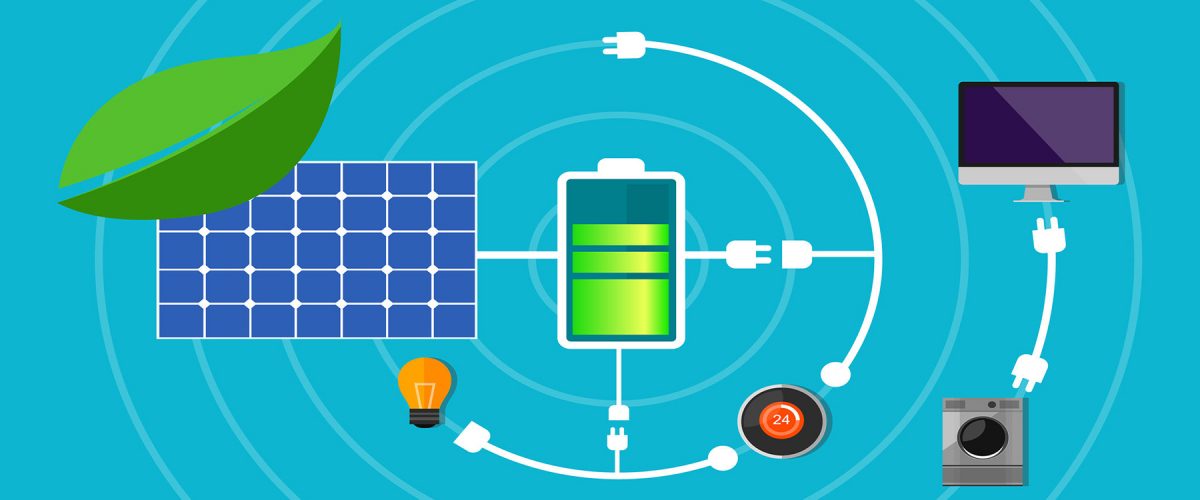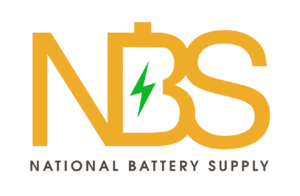- UEI: ZZVQCUPCGL3 CAGE: 9UK94
- +1 844-539-2555
- Sales@NationalBatterySupply.com
A comprehensive guide to private label battery manufacturing and supply

The Importance of Private-Label Battery Manufacturing and Supply
Private-label battery manufacturing and supply is crucial for businesses that require batteries to power their products. This approach allows businesses to focus on marketing their products while relying on suppliers to handle battery production and supply. In this article, we will explore the process of manufacturing and supplying different types of private-label batteries and how it benefits distributors and retailers.
Defining Key Terms: Private-Label Manufacturer and Supplier
A private-label supplier typically sources pre-made battery packs, brands them as per the demand, and sends them out to businesses that place orders. On the other hand, a private-label manufacturer produces the product from scratch. Most private-label companies combine manufacturing and supplying units to work efficiently. Businesses that heavily rely on batteries often choose to source from private-label battery manufacturers to reduce their workload and focus on other business aspects.

Types of Products Offered by Private-Label Battery Manufacturers
1. Deep Cycle Batteries
Deep cycle batteries are used in RVs, golf carts, and campers. These batteries supply sustained power over an extended period and can withstand deep discharges without damage. Commonly used 12-volt deep cycle batteries are found in off-grid systems, backup power systems, and marine equipment. They come in capacities like 100Ah, 150Ah, and 200Ah, with 200Ah being the most popular due to its longevity.
2. Solar Panels and Power Packs
Solar panels and power packs have revolutionized electricity generation and storage. With a shift towards greener energy, solar panels are becoming popular in households and businesses. Available as fixed or portable, solar panels convert sunlight into DC current, stored in power packs, which is then converted to AC current for home use. Power packs, also known as portable solar batteries or solar power banks, are popular among off-grid travelers for their convenience.

3. USB Batteries
USB batteries are small, portable powerhouses designed to charge USB-powered devices like mobile phones, laptops, and headsets. These battery packs range from 500mAh to 20,000mAh and typically use rechargeable lithium-ion batteries. The quality of the batteries used impacts performance, with higher-end batteries offering longer life and lower-grade batteries potentially causing malfunctions after deep discharges.
4. Lithium Polymer and Lithium-Ion Batteries
Lithium polymer (Li-Po) and lithium-ion batteries are widely known rechargeable batteries used in various electronic gadgets, including smartphones, laptops, and power banks. Li-Po batteries use a polymer electrolyte, making them flexible and lightweight, suitable for small devices. Lithium-ion batteries, used in larger gadgets like power tools and electric vehicles, are more durable. Capacities range from 500mAh to 5000mAh, with Li-Po and lithium-ion battery packs generating nominal voltages of 11.1 to 11.4 volts and 10.8 to 11.1 volts, respectively.
5. Carbon Zinc Batteries
Carbon zinc batteries, also known as dry-cell or Leclanche cells, are low-draining batteries used in appliances like remote controls, clocks, and flashlights. Cheaper than other types, they are also used in industrial machinery such as alarm systems and communication systems. These batteries have a low self-discharge rate, meaning they can last long even when not in use.
Conclusion
Private-label battery manufacturing and supply offer significant advantages for businesses, allowing them to concentrate on marketing while ensuring a steady supply of essential power sources. By understanding the various types of batteries available, businesses can make informed decisions that benefit their operations and customer satisfaction.
National Battery Supply
Now coming to the part where we see how a private-label battery manufacturer can help a company –
1. Private label battery packs can be heavily customized as per the client’s need – A general retail buyer might need everyday use batteries but when it comes to industries that make products that require a very specific kind of battery pack for eg different in shape or power output, a private label battery suppliers comes to the rescue, they can deliver customized shape battery packs to businesses or supply customized output batteries to businesses which have very specific needs.
2. OEM product branding – Private label battery suppliers can label and brand the product to suit your business needs no matter if you are using the batteries for a device you are producing or selling the batteries direct to consumers.
3. Technical expertise and cost-effectiveness: By acquiring batteries from a company that has been doing it for years not only makes a business save on research and development if they were to manufacture the batteries themselves but also assures that the quality of the batteries will be up to the standards since the technical expertise of the private label manufacturer provides a sense of trust between the businesses.
Apart from these few, there are many other advantages of using private label battery manufacturing and supply chain for a relevant business such as division of labour and control over the quality of the end product. Overall using a private-label battery supplier can be a cost-effective way to acquire high-performing batteries that meet the expectations and requirements of the specific business.
Contact us here at National Battery Supply today to find the best solution for your needs.
Featured Posts
Request more information
National Battery Supply delivers dependable energy storage solutions tailored to commercial, industrial, and government applications. Our catalog ranges from custom battery manufacturing and UPS systems, portable power stations, to high-capacity solutions like whole-home battery energy storage systems (BESS) and scalable containerized energy storage units- engineered for reliability, flexibility, and rapid deployment.
We support critical infrastructure, telecom, data centers, healthcare, and remote operations with power systems built for performance in demanding environments. Whether it’s deep cycle batteries, lithium forklift replacements, OEM portable power kits, solar backups, and large-scale energy storage systems. We provide tailored solutions with short lead times, custom branding, and bulk pricing.
Our team also specializes in helping integrators, resellers, and developers source complete battery systems for residential microgrids, off-grid power stations, and industrial container setups. Whether you need to back up a home, energize a remote site, or manage facility-wide loads, we have the scalable energy storage options to match.
Contact us today to learn how our advanced power systems can reduce downtime, extend operational capacity, and support your long-term energy goals.

National Battery Supply is a reputable manufacturer specializing in custom battery solutions. With over 20 years of experience, we can manage all your power needs.
Batteries
Copyright 2025 © National Battery Supply | UEI: ZZVQCUPCGL3 CAGE: 9UK94
